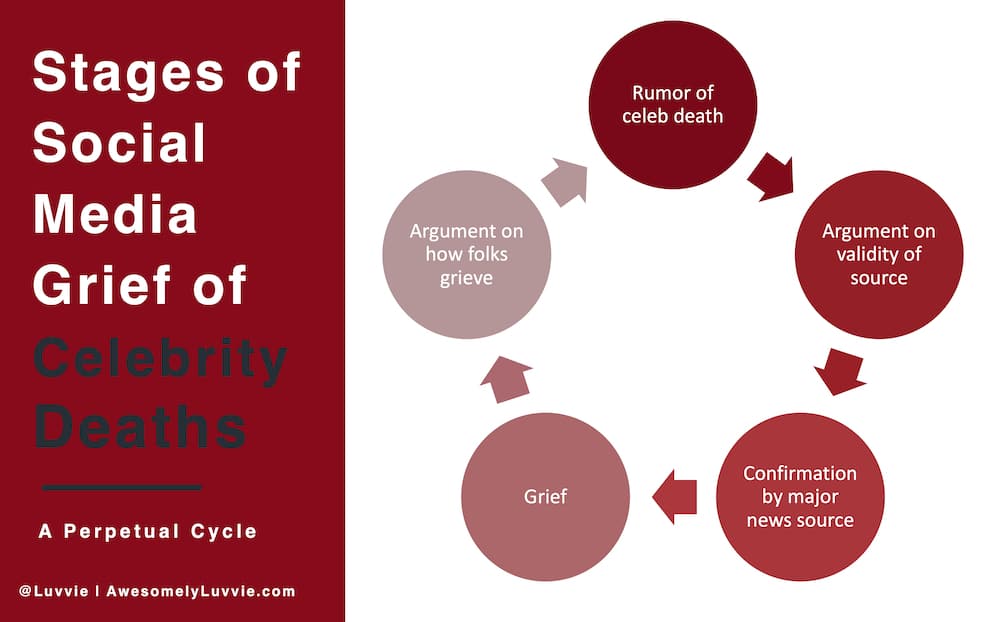Take a Breath
Between Uvalde, Buffalo, and the ongoing war in Ukraine and others that don't
make the trending pages, mourning has been on my mind. I wrote in
my personal blog
before that my view on mourning in America has changed. For years, I indicted
American society as one that could not properly mourn. More recently, I declared
that my fellow Americans do mourn, but don't do it collectively. My hypothesis
was because of the battlements within our society that we mourn in communities.
Other than the President declaring flags flown at half-staff, there is no
collective gesture in the United States that marks death or encourages others to
mourn. To be fair, all of my judgments are against how we mourn in the
Caribbean. While even as Jamaica entrenches itself in the cultures of its
neighbors, there are some things that are still requisite. My short list
includes:
- The long list of phone calls
- The emotional church service
- Clothing that is set aside for just such an occasion
- Discussions (fights) over assets
- Food
One item on the island that is
popular but not required is the pre-funeral "set-up" or "dead-yard." For
generations, Jamaicans were buried immediately after death because of the lack
of refrigeration available. The nine night tradition marked the loved one's
death nine days after they passed at the family home. Nine night used to include
African-derived games, solemn singing, and memories. Dead yard represents
Jamaica's current reality: as families gather from around the world to mourn,
the community converges to eat, drink, and sing (LOUDLY) with the mourning
family. For days.
While I have never been a fan of the emerging dead yard tradition, I respect it
as it presents that catharsis that those who want to mark a loss can get.
Compared to American mourning, there's no sanctioned release of emotion.
Additionally, the new American living room -- Twitter -- has a problematic
relationship to death. Blogger, author, and all-star truth teller Luvvie Ajayi
Jones described how the
celebrity death cycle
goes on Twitter:
It might not be fair to compare the construct of mourning for a family member to how social media reacts on a parafamiliar level, but it does connect to how mourning happens across both societies.
My fellow Americans...we need to take a breath. Luvvie's cycle above demonstrates one thing: like we do with so much, we rush to react. Hyperconnectivity through social media adds more speed and less rest. My own Twitter fingers have felt the pressure to respond when my favorite star has died. Lately, I find myself retweeting instead, letting braver voices speak my feelings while I figure out what I want to say.
But what happens when the death is senseless? Cruel? Preventable? Is the silence enough? Maybe we can't keep a dead yard, but we should look each other in the eye and admit that something has happened.


Comments
Post a Comment